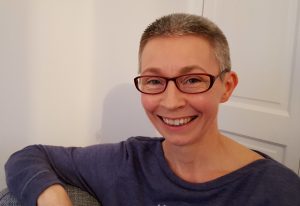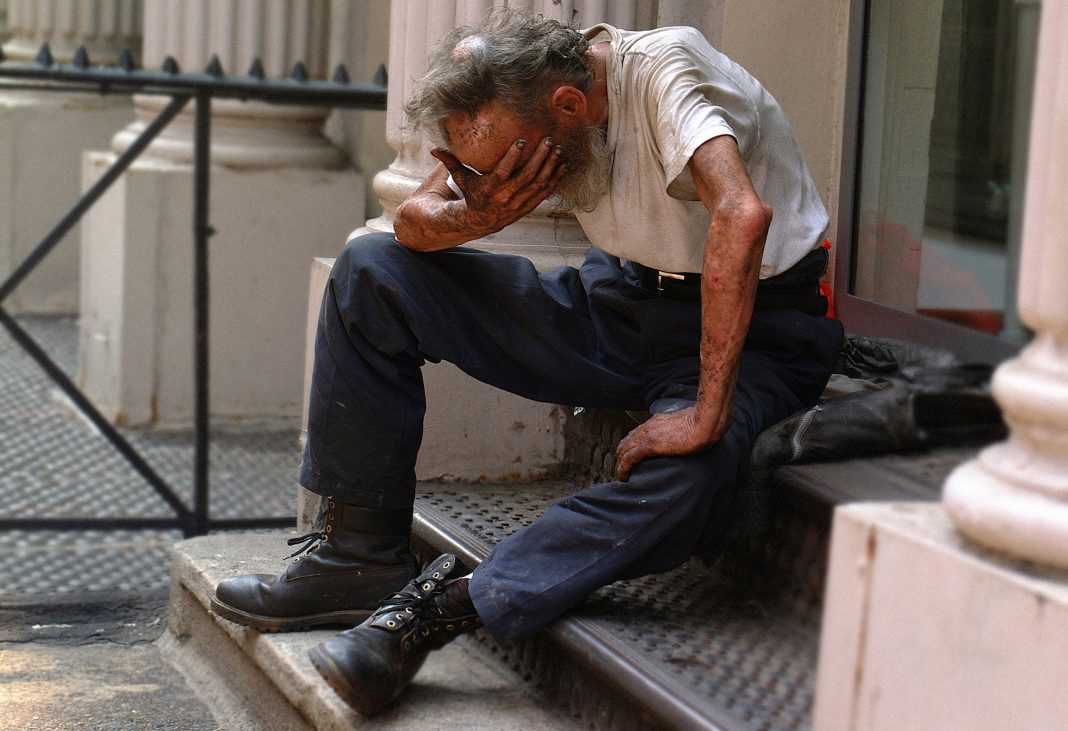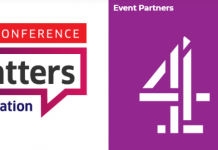You’re reading this blog, excellent! Do you know how? Your brain is processing, recognising and ordering visual symbols, then recalling the meaning and making sense of the words here.
Are you sipping coffee or eating a snack while also reading this blog? Your brain is coordinating your movement, finding exactly the right pressure to hold your coffee cup and transport it to your lips. Here your mouth which will begin to sense the temperature, and the tongue will carefully control the movement of fluid to the back of your throat before automatically sealing your airway when you swallow so you don’t choke.
Feeling relaxed? That’s because your brain is not sensing threat and sending signals to your heart to kick up its beats per minute to prepare your body for a fight or flight.
See what’s in common here? Your brain. It controls everything you think, feel, say and do.
Now, imagine it’s damaged. Perhaps a blow to the head by way of a fall, accident or fight. Maybe oxygen supply was cut off following a cardiac arrest, strangulation or serious asthma attack. Maybe the blood supply was interrupted by a stroke – a bleed or block within the brain. The damage is individual, unique to you. It may mean that your senses are changed, you don’t perceive the world the way others do. Your physical body may be affected, you may have paralysis or lack coordination. Maybe your communication has changed and you can’t speak clearly or understand what is being said to you. Your emotions and behaviour may alter; perhaps you are quick to temper now, the smallest thing may make you very upset. ‘Reading’ people may be very difficult now, you can’t be sure of their intentions and that makes you vulnerable to abuse.
Now, imagine you are sleeping on the streets. How do you think you’d manage?
My name is Leigh Andrews and I have been working with Westminster City Council, St Mungo’s, Headway East London and Great Chapel St Surgery to identify rough sleepers who may have experienced brain injury – a situation first succinctly identified by the Disabilities Trust Foundation – and then see what we can do about it. We call it the Homelessness and Brain Injury Project (HABIP) and it is funded by the Greater London Authority Rough Sleeping Innovation Fund. We are not the only ones raising awareness; brain injury is an emerging issue in homelessness with organisations such as Neurotriage in Liverpool and Headway Birmingham and Solihull working with Headwise developing research and services in the field.
The average life expectancy of a rough sleeper is 47 for men and 43 for women – this is a group that already experiences vast health inequalities. Furthermore, the very fact that a person ends up street sleeping is a strong indicator that they have experienced “systematic disadvantage” from childhood. An individual who is homeless and has experienced brain injury is twice as likely to die within the same period as a person who is homeless without brain injury.
These findings of systematic enduring inequality with serious impacts on health and life expectancy are shocking. The HABIP sees the human face to these facts and figures; people who continue to receive injuries to the brain in the course of their daily lives – rough sleeping is harmful and dangerous and we know that the most common reasons for attendance at A&E for this group is as a result of assault, accidents and alcohol, all of which can result in brain injury. We are seeing people who experienced serious head trauma over a decade ago while living independent and fulfilling lives in the community, but over years have lost employment, accommodation, health and loving relationships after their injury to find themselves rough sleeping alone with nothing.
The HABIP is raising awareness of brain injury with frontline staff working in rough sleeping services, those staff are able to access the free Homeless and Brain Injury Good Practice Guide to understand what steps to take to help clients.
We are beginning to identify changes to practice that will help ensure that brain injury is considered at the first point of contact through to assessment and support planning, but there are two major areas that need coordinated cross-sector action.
Mental capacity can be affected by brain injury because memory, communication, and understanding are controlled and managed by the brain. The Brain Injury Social Work Group is doing some great work in this area and we should be supporting them.
Identification, treatment and management of brain injury by the NHS is critical. Psychologists, speech therapists, occupational therapists, and physiotherapists can be exceptionally helpful for people affected by brain injury by providing understanding of what has happened and showing how to adapt to the changes caused by brain injury and develop new ways of living. Finding and accessing these services is not at all straight-forward for people who are rough sleeping. The NHS is under immense pressure and we need to discover how we can best help our NHS colleagues work with our service users so that everybody benefits.
On 7 March the Homeless & Inclusion Health Conference takes place in London. Brain injury is now recognised as a major factor in the field and there are a host of speakers who will be addressing the issue in their presentations and discussions. Come along to the conference, but if you can’t consider purchasing a licence so you can watch the event online, live and on-demand so that you can see what took place and what you can do to help.
If you can’t do either of those things do this:
- Use the Headway UK website to find out more about brain injury
- Raise brain injury within your service to see what you are doing now and what more may be needed
- Speak to statutory and third sector organisations about the issue – what are you each doing? What more could be done? Who might support further work in the area?
- If there is a local Headway group that delivers services directly to people affected by brain injury make contact with them to see how you can work together
- Use social media and follow some of the organisations above to keep up to date, follow developments and take part in initiatives
- Start planning now for Brain Injury Awareness Week which runs 14 – 18 May 2018

Leigh Andrews
Founder, Change Communication
Follow Leigh on Twitter here @ChgComm









